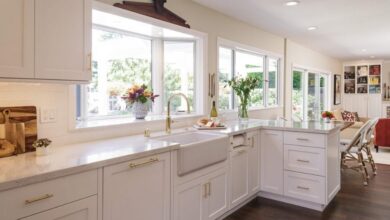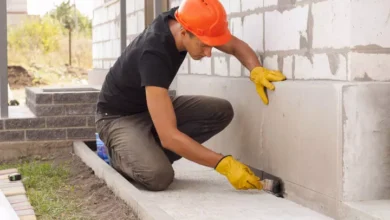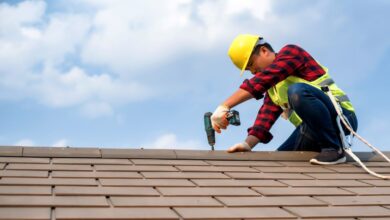Why You Might Need an Engineer to Keep Your House Healthy
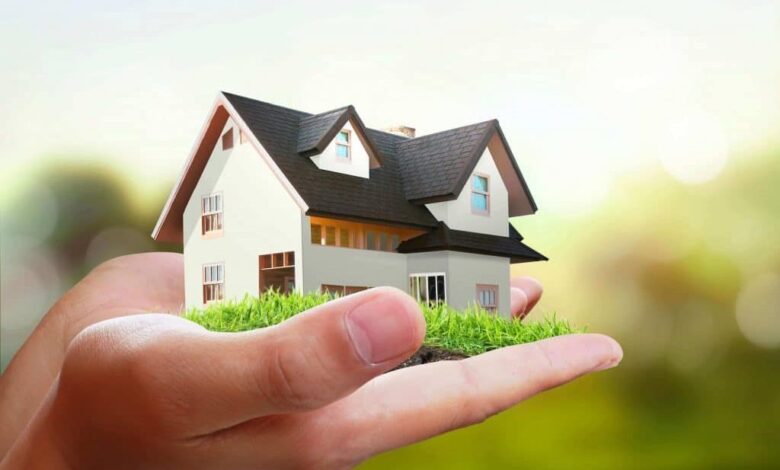
How healthy is your home? No matter how much you clean and scrub, and no matter how meticulous you are, the quality of air in your home may not be up to scratch. If it isn’t clean and fresh, your house may not be as healthy as you think it is.
A shocking fact disclosed by the United States Environmental Protection Agency (EPA) is that the concentrations of pollutants in the air inside our homes, schools, offices, and other building environments are often as much as five times higher than in outdoor environments. The potential impact of this mediocre (at best) air quality is increased by the reality that most Americans spend about 90% of their time inside. Older folk and those with respiratory or cardiovascular disease spend even more time indoors according to EPA research.
The key to improving indoor air quality is to ensure adequate ventilation. Coupled with this, it is essential to control or, better still, eliminate all sources of pollution and contamination. But a Catch 22 is that many of the heating, ventilation, and air-conditioning (HVAC) systems installed in our homes simply recirculate indoor air in an attempt to conserve energy. This approach is, ironically, exacerbated by the practice of weatherizing homes to reduce air leakage and improve the thermal envelope of the house.
The best solution is a properly designed HVAC system that improves ventilation and reduces pollution and contamination, which is why you might need a qualified, experienced HVAC engineer from a company like NY-Engineers to help you keep your house healthy 24/7.
Causes of Poor Air Quality in the Home

It might seem weird to think that indoor air pollution occurs inside most homes – unless, of course, steps are taken to avoid it from happening.
Typical contaminants found in our homes include emissions from stoves, fireplaces, building materials if the house is new, cleaning products, chemicals, and cigarettes if there are smokers in the house. If you use aerosols and/or pesticides of any type, these will add to the contamination.
The problem is that these contaminants are largely unseen, unlike the vision of a factory spewing black smoke while in operation.
As mentioned above, weatherizing, which is an essential element of insulation and which helps to minimize energy costs, can reduce the circulation of air and trap pollutants inside the house. For this reason, the adverse health effects caused by polluted or contaminated indoor air are commonly referred to as tight or sick building syndrome.
Inadequate maintenance of HVAC systems can also contribute to poor air quality. For instance, if ventilation filters aren’t replaced regularly they can become clogged, which reduces airflow volumes as well as the quality of the air indoors. HVAC systems can also attract mold and bacteria if they aren’t properly maintained. Additionally, humidifier systems installed as part of HVAC systems must also be maintained correctly to prevent the possibility of mold and bacteria forming.
How Poor Air Quality Can Affect Your Health
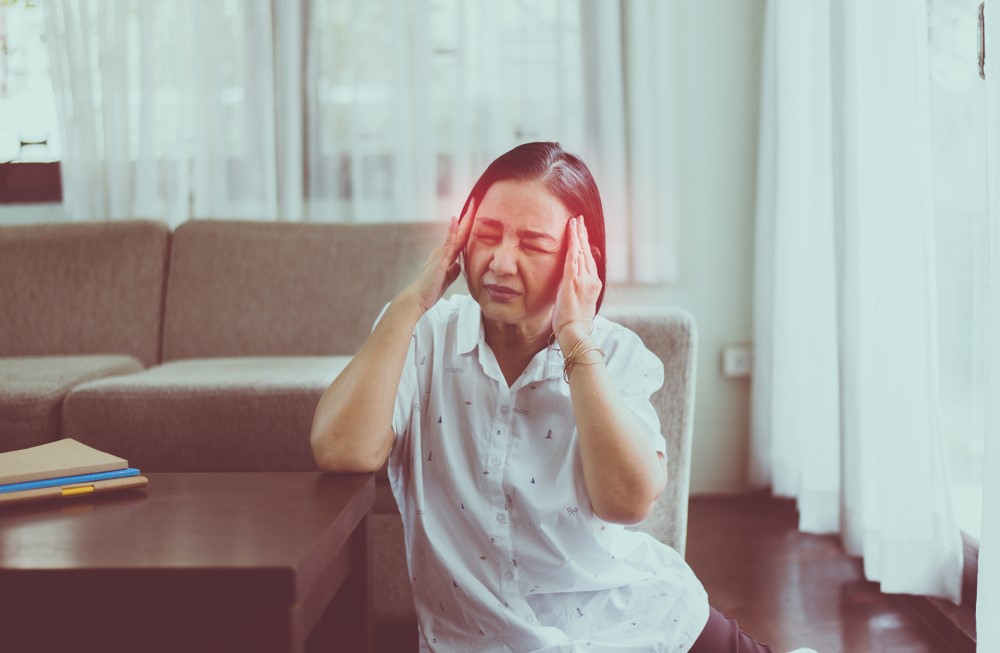
Migraines are a symptom of sick building syndrome.
Typical symptoms of sick building syndrome include fatigue, dry throat, dizziness, sinus congestion, eye irritations, headaches, and nausea. But the problem is that it is difficult for doctors to make an immediate diagnosis because there are so many common illnesses that share these same symptoms.
Still, if you suffer from these symptoms and you are pretty sure you aren’t ill, a good plan would be to do whatever you can to improve the quality of air inside your house. It might be the immediate solution.
How to Improve the Quality of Air Inside Your Home

In general terms, combustion products from water heaters, furnaces, stoves, and fireplaces need to be properly vented to get rid of carbon monoxide, formaldehyde, hydrogen cyanide, and any other particulates that can be respired. Aerosols and other products that release harmful organic vapors and biological contaminants should be avoided.
Additionally, consult with an HVAC engineer who can improve the ventilation in your home. Be aware that it is absolutely essential for HVAC systems to be well designed, correctly installed, and properly maintained.
Recommendations for improving HVAC systems include:
- Incorporating high-efficiency filters in the system
- Using exhaust fans in potentially problematic areas like kitchens and bathrooms
Mechanical fans are also useful for increasing airflow from outside when outdoor temperatures are favorable. When it is very hot or cold, air-to-air heat exchangers can be used to exhaust or get rid of the stale, warm air inside and literally exchange it with fresh air from outside. Of course, many homes have air-conditioning installed, but heat exchangers may still be used effectively during summer, at the same time reducing energy use.
Homeowners can also have fans installed that supply air from outside to the return side of HVAC systems. Professionals usually install these with a timing device or manual controls that enable occupants to regulate the amount of air supplied to the system. However, these do tend to increase the running costs of HVAC systems because the incoming air isn’t heated or cooled before it enters the house.
It’s essential to keep scrubbing and cleaning, but you might want to consider the option of a good HVAC system that will ensure your house is always healthy.
Michael Tobias is the founder and principal of Nearby Engineers and New York Engineers, which is an Inc 5000 Fastest Growing Company in America. He leads a team of more than 30 mechanical, electrical, plumbing, and fire protection engineers from the company headquarters in New York City, and has led numerous projects in New York, New Jersey, Chicago, Pennsylvania, Connecticut, Florida, Maryland, and California, as well as Singapore and Malaysia. He specializes in sustainable building technology and is a member of the U.S. Green Building Council.
